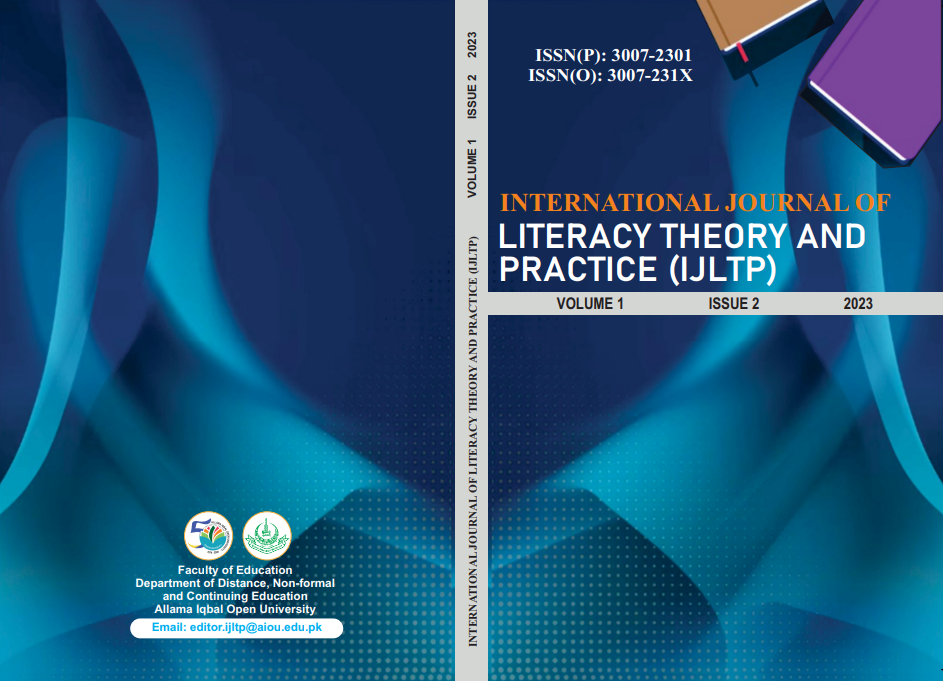Category
Make a Submission
Information
Keywords
Block title
-
107
-
97
-
78
-
78
-
77


